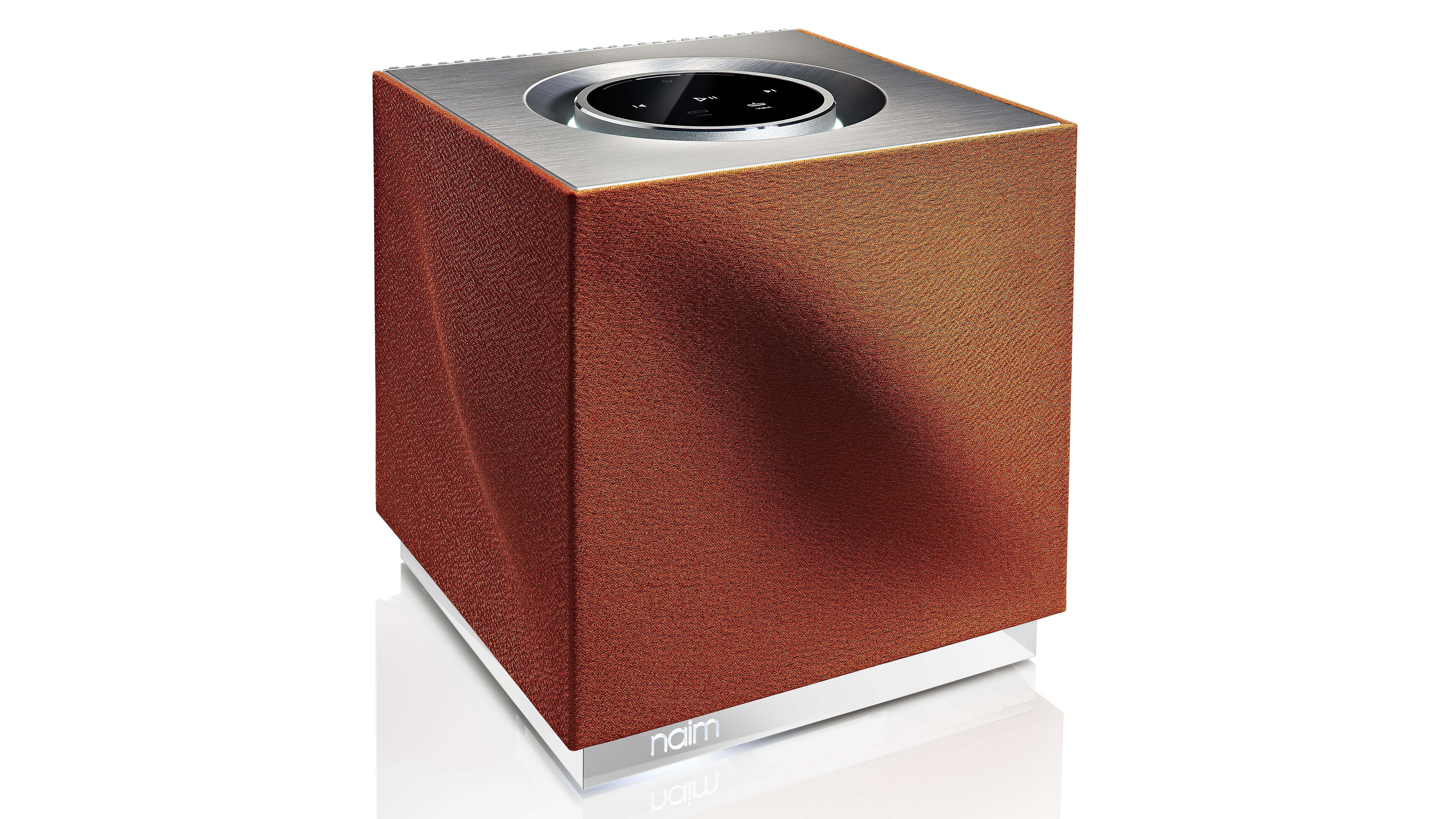Bluetooth vs AptX vs AirPlay: which is better and which should you use to stream music?
How to get your music collection to really sing

When you need to get some music playing quickly nothing quite beats the convenience of streaming it wirelessly. In fact with newer technologies, once a speaker system is set up to stream you might not even have to leave your sofa to get your phone connected.
It used to be the case that this convenience came at the cost of sound quality, but nowadays this is less of an issue, with modern technologies supporting CD-quality music streaming.
Of course, if you're someone with a big collection of high-resolution files, then you're still going to want to hardwire your music source. But, at that point, you're unlikely to be playing files from a portable device in the first place.
With most music streaming boxes now supporting a combination of streaming technologies, we thought it was time to sit down and investigate each of their advantages and disadvantages in depth.
Bluetooth

The original bluetooth standard might have been convenient, but it was terrible for sound quality.
This is unsurprising given that Bluetooth was initially meant for streaming data rather than audio, but eventually meant that when the standard got picked up by headphone and other audio manufacturers it was woefully under-equipped to deal with streaming music.
Interestingly, if you're playing files from your phone that are already compressed (such as MP3s) over Bluetooth, then the reason they're compressed is not because of the file itself. Instead, according to About Audio, the stream gets compressed to allow for other sounds to also be sent such as notifications and calls.
Get daily insight, inspiration and deals in your inbox
Sign up for breaking news, reviews, opinion, top tech deals, and more.
Whatever the reason, the result is sound that's flat, dull and uninteresting. Everything gets squashed into a narrow audio range, and no one part of the track sounds distinct from the rest.
Suffice to say, if you have any other option besides standard Bluetooth then you'll have a far better listening experience. It's even worth putting up with wires if it's an option.
Bluetooth AptX

The core idea behind Bluetooth was good, all it needed was a audio-focussed refresh. This refresh came in the form of AptX, which is now commonly supported on Android phones and tablets. Disappointingly, Apple has not embraced the standard, which means that you'll have to use AirPlay if you want to stream from your iOS device (more on that below).
If you do have the hardware to utilise AptX then your ears will thank you for it. AptX supports music resolutions of up to 24-bit/96kHz which is actually better than the quality of audio stored on CDs which is 16-bit/44.1kHz.
Feasibly, you might have a bunch of music stored at a higher resolution such as 32-bit/384kHz in which case you'll want to hardwire your phone directly into your player to get the best sound but, for the vast majority of people, AptX is more than capable of letting your existing music collection sing.
AirPlay

While Apple devices don't support the newer AptX Bluetooth standard, they do support Apple's own AirPlay technology, which allows you to stream your music on compatible devices.
It might sometimes feel as though AirPlay and AptX Bluetooth are more or less the same: both standards can handle at-least CD-quality music, which means that unless you're listening to hi-res music files you shouldn't see any loss in audio quality.
Under the hood however, AirPlay works very differently from Bluetooth. Instead of connecting directly to your device, AirPlay connects through your home Wi-Fi network.
This means that you can remain connected to your device from anywhere in the house so long as you're connected to your Wi-Fi network, whereas Bluetooth requires you to remain within range of the speaker itself.
However, because AirPlay relies on your network that also means it's liable to suffer if the Wi-Fi or internet speed in your house is less than stellar.
If you usually use your phone's 4G connection to stream music, AirPlay will also force you to rely on your home's internet. This shouldn't be an issue for many people, but it might be something to bear in mind.
Which should I use?
Which technology you end up using will have less to do with personal preference and more to do with what your device supports.
None of Apple's devices currently support AptX Bluetooth, so if you want to stream from your iPhone you'll have to use AirPlay unless if you want to avoid the compression of standard Bluetooth.
Meanwhile, if you have a more premium Android phone it's likely to support AptX, and with AirPlay supported limited to Apple's devices your choice is more or less made for you.
If your device is limited to standard Bluetooth connectivity and you care about sound, you might be better off simply forgoing wireless connectivity and instead hardwiring your device.
Then again if you're using a cheaper portable Bluetooth speaker you might find that the difference in sound quality is negligible.
Jon Porter is the ex-Home Technology Writer for TechRadar. He has also previously written for Practical Photoshop, Trusted Reviews, Inside Higher Ed, Al Bawaba, Gizmodo UK, Genetic Literacy Project, Via Satellite, Real Homes and Plant Services Magazine, and you can now find him writing for The Verge.
Most Popular



